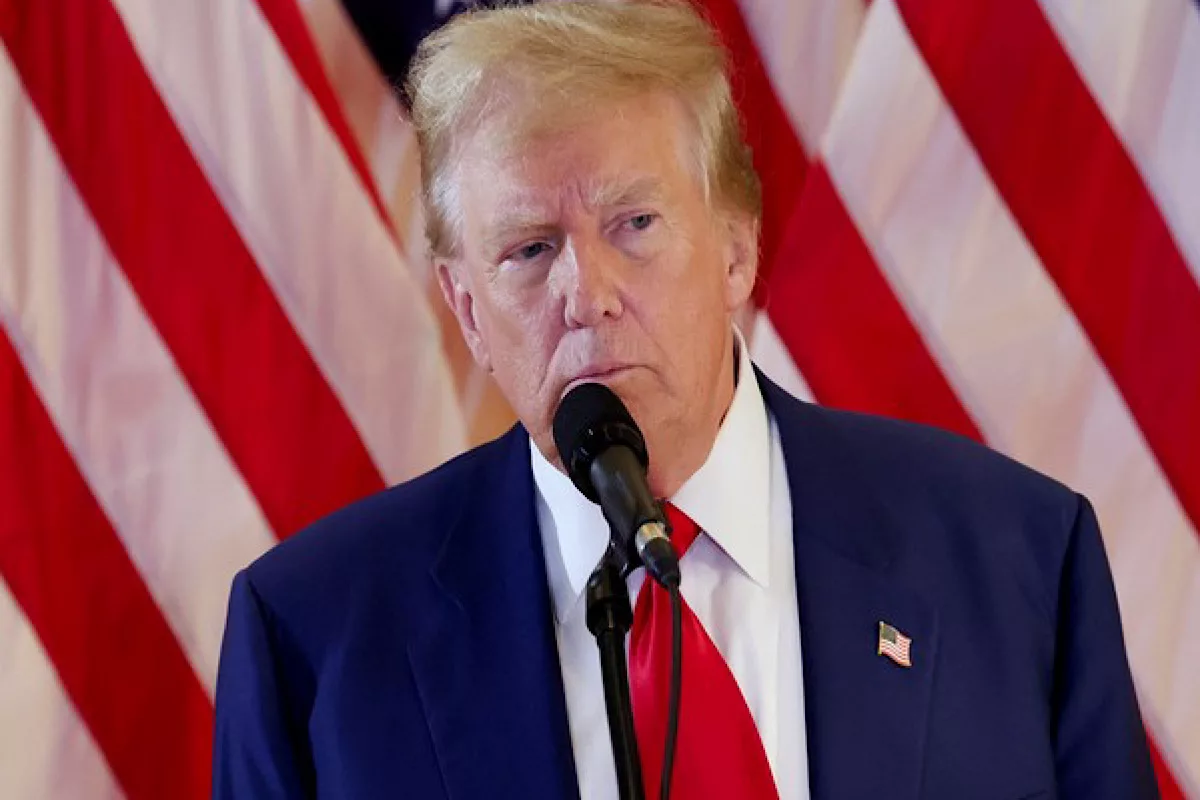US President Donald Trump’s proposal to take “ownership” of Gaza and turn it into a “Riviera” has sparked global outrage, with critics labelling it as ethnic cleansing. However, clarifications from the White House and Secretary of State Marco Rubio now paint a more nuanced picture, suggesting that the plan is not about permanent displacement but rather a temporary relocation of Palestinians for reconstruction. While this may soften the rhetoric, the core issues remain deeply problematic.
At its heart, the proposal dismisses Palestinian agency and sovereignty. Even if the relocation is temporary, it forces nearly two million people out of their homes under duress, creating a humanitarian crisis. Mr Trump’s assertion that Palestinians “have no alternative” but to leave the “big pile of rubble” suggests a disregard for their right to return. Arab nations, including Egypt, Jordan, and Saudi Arabia, remain wary, recognising the geopolitical risks of even a short-term mass displacement. White House press secretary, Karoline Leavitt, hailed the proposal as “outside of the box” thinking but declined to rule out US military involvement. Mr Rubio echoed the temporary nature of the relocation, framing it as necessary for “debris-clearing and reconstruction.”
Advertisement
This suggests that Mr Trump’s vision is more of a strategic reset than outright expulsion, but even so, it leaves critical questions unanswered. How long would this “interim” period last? What guarantees exist for Palestinians’ return? And what role, if any, would the US military play in enforcing this plan? President Trump’s approach also marks a dramatic shift in US foreign policy. For decades, Washington has backed a two-state solution, advocating for Palestinian self-determination alongside Israeli security. This is a solution endorsed by many major powers, including India. By proposing direct US control of Gaza, Mr Trump risks alienating allies, eroding diplomatic credibility, and entangling America in a volatile new intervention.
The prospect of US troops overseeing reconstruction, even indirectly, raises fears of another costly and prolonged West Asia entanglement. Beyond logistics and legality, there is a deeper issue: the reduction of a complex geopolitical conflict to a real estate project. Mr Trump, who built his name in luxury developments, speaks of Gaza’s transformation as though it were an abandoned lot awaiting investment. His promise that the rebuilt Gaza would be “wonderful for the people ~ Palestinians mostly, we’re talking about” suggests a transactional mindset that ignores the deeply rooted struggles of those affected. While the clarifications from Ms Leavitt and Mr Rubio may assuage some concerns, they do little to change the fundamental flaws of the proposal.
Whether labelled as temporary relocation or forced displacement, the idea risks inflaming tensions, violating international law, and further destabilising the region. Instead of ambitious but reckless plans, true progress in Gaza requires genuine diplomatic solutions ~ ones that respect Palestinian rights and prioritise long-term stability over quick-fix redevelopment schemes.











